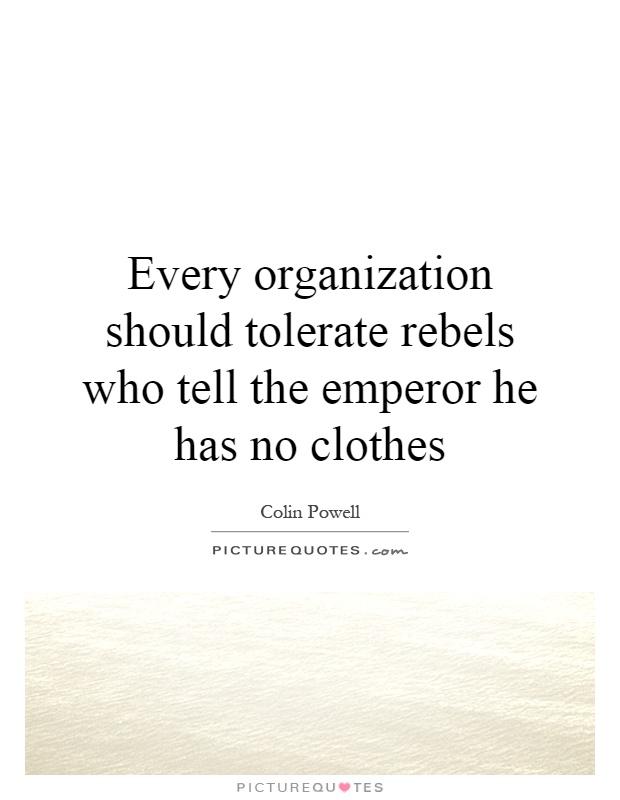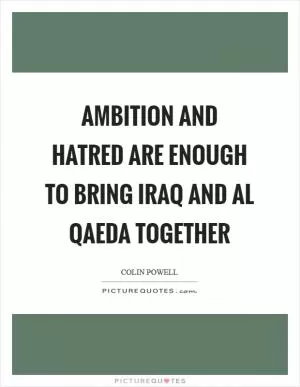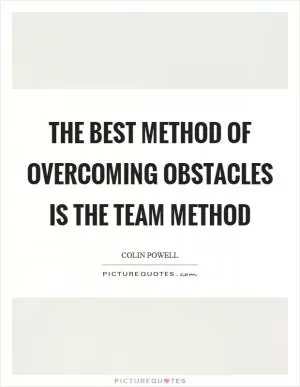Every organization should tolerate rebels who tell the emperor he has no clothes

Every organization should tolerate rebels who tell the emperor he has no clothes
Colin Powell, a highly respected military leader and former Secretary of State, is a prime example of someone who has demonstrated the importance of tolerating rebels who speak truth to power. Throughout his career, Powell has been known for his willingness to challenge authority and speak out against injustices, even when it meant going against the status quo.One of the most famous examples of Powell's willingness to stand up to authority was his speech to the United Nations in 2003, where he presented evidence of Iraq's alleged weapons of mass destruction. Despite pressure from the Bush administration to support the invasion of Iraq, Powell insisted on presenting the facts as he saw them, even if it meant contradicting the official narrative. In the end, Powell's warnings about the lack of evidence for WMDs turned out to be accurate, and his willingness to speak truth to power ultimately helped to expose the flaws in the administration's justification for war.
Powell's actions in this instance highlight the importance of tolerating rebels within organizations who are willing to challenge authority and speak out against wrongdoing. By allowing dissenting voices to be heard, organizations can avoid falling into the trap of groupthink and ensure that decisions are made based on facts and evidence rather than blind loyalty to authority.
Furthermore, rebels like Powell can serve as a valuable check on the power of leaders within organizations, helping to prevent abuses of power and ensure that decisions are made in the best interests of the organization as a whole. By tolerating rebels who are willing to speak truth to power, organizations can foster a culture of transparency and accountability that ultimately leads to better decision-making and a more ethical and effective organization.












 Friendship Quotes
Friendship Quotes Love Quotes
Love Quotes Life Quotes
Life Quotes Funny Quotes
Funny Quotes Motivational Quotes
Motivational Quotes Inspirational Quotes
Inspirational Quotes